This December, several hundred film fans from around the world are expected to gather in Kampala, Uganda. There will be no red carpet, no palm trees, and no billboards, just a series of text messages directing the guests to a series of otherwise undisclosed locations. Welcome to the Queer Kampala International Film Festival, the only gay film festival organized in a country where homosexuality is illegal.
The festival, scheduled for Dec. 9-11, will be East Africa’s first LGBTQ film fest, aimed at bringing together the Ugandan gay community, film fans from outside the region, and potential allies. Filmmakers from five continents have submitted work to Queer KIFF, and several plan to attend the festival in person. Twenty-six films, including nine from Africa, are on the schedule. The films set to screen run the gamut, from documentaries about raising queer children and conversion therapy to coming-of-age dramas and edgy illicit romances.
Videos by VICE
Even though the organizers of Queer KIFF dream of holding a public event, after a wave of arrests at this summer’s Kampala Pride event, they have decided to release the list of screening venues only to a select group of pre-cleared supporters.
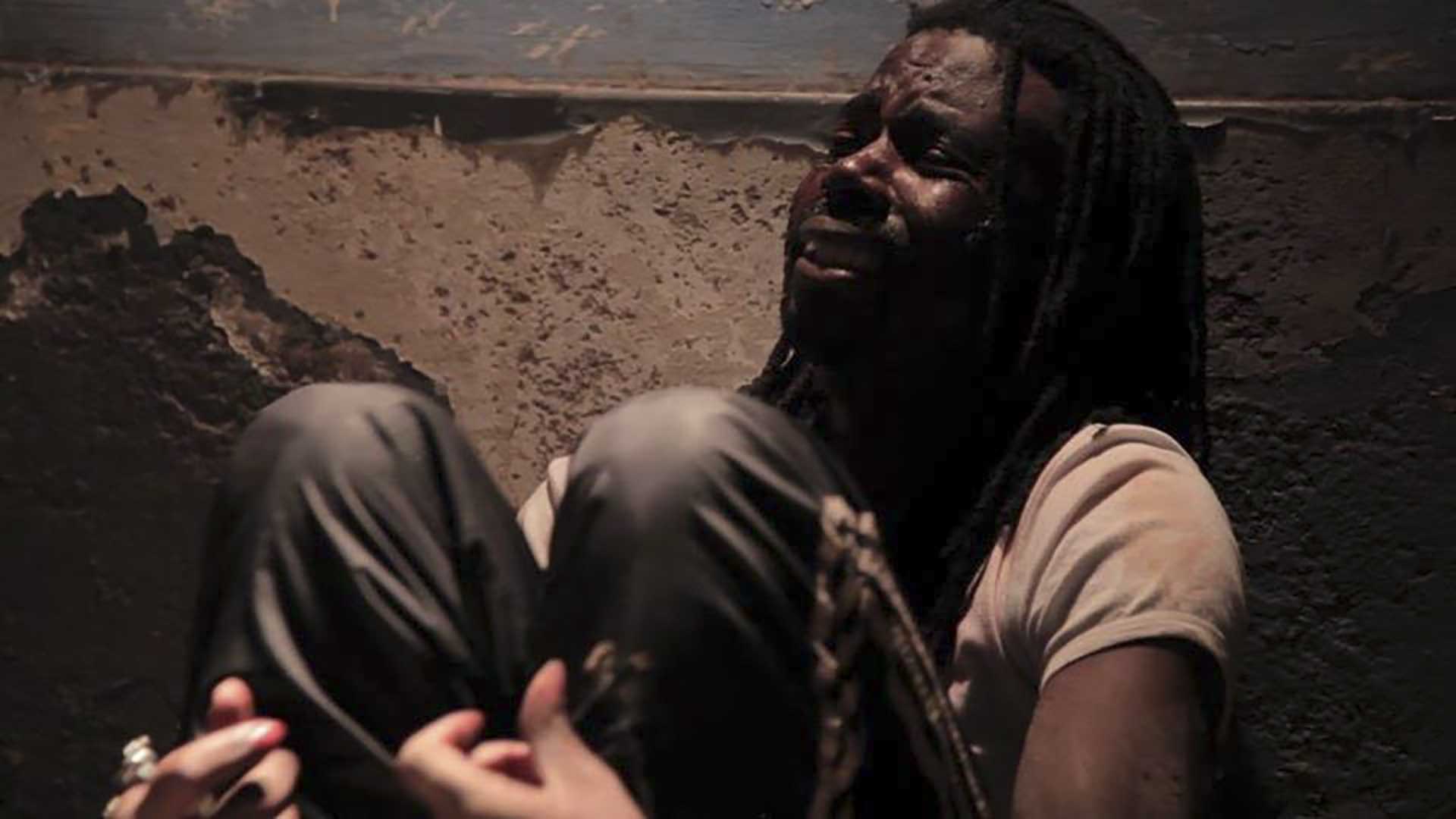
Kamoga Hassan is the lead organizer of the festival and one of a committed core of LGBTQ activists who dare to make their voices heard in one of the world’s riskiest places to be gay or lesbian. A 2014 Amnesty International report found that openly gay Ugandans have faced arbitrary arrest and sexual harassment, including when reporting crimes. Local NGO Sexual Minorities Uganda reported more than 260 “acts of intimidation” aimed at LGBTQ people in 2014 and 2015, of which 35 were violent vigilante attacks and 73 concerned loss of property or job loss. When openly gay or lesbian Ugandans organize public events, arrests are a regular occurrence. A 2014 anti-homosexuality act proposed the death penalty for gay men under certain circumstances. It was later nullified on procedural grounds, but human rights groups warn that vigilante groups continue to use the law to justify arbitrary violence. Under British colonial laws that have remained on the books, LGBTQ Ugandans still face a minimum two-year prison sentence for openly expressing their identity.
Kamoga, a self-employed videographer who shot weddings and corporate events before turning to feature films, has been involved in the LGBTQ community for the past five years. His first feature film, “Outed: The Painful Reality,” inspired by real events, explored the fate of a young professional who was outed by an infamous Ugandan tabloid. The film toured queer-themed film festivals throughout Europe in 2015 with a few stops in North America, and it will be one of the marquee features at December’s festival.
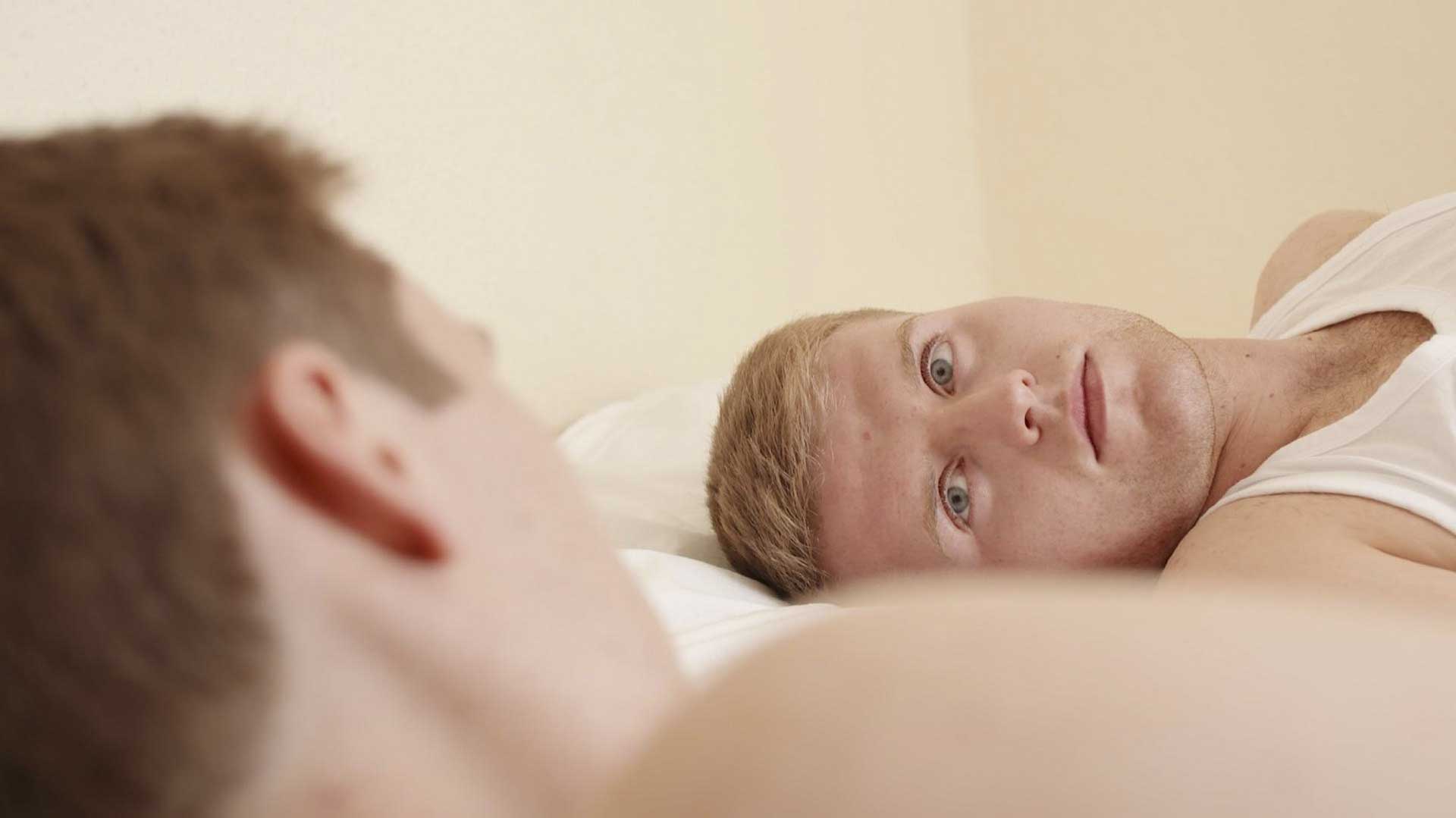
Kamoga has lost contact with relatives and friends, been evicted, and faced harassment from family members and strangers, a situation that’s far from unusual in the Ugandan queer community. “You speak to some people and you assume they’ll be understanding, but then they talk to other people, who might be your business associates,” said Kamoga, who identifies as queer. “I can’t get those contracts because no one wants to associate with a gay person. I can’t stop speaking out, because professionally I’ve already lost everything.”
VICE News met with Kamoga at the World Social Forum in Montreal earlier this year to discuss Uganda’s queer community and his own belief in the power of film to fight injustice.
When did you first get involved in the LGBTQ rights movement in Uganda?
I’ve been doing this work for almost six years now. I wanted to start earlier than that, but I felt it was too risky. In 2011, David Kato, who we consider the father of our gay rights movement, was killed. The entire community was shocked. Everyone was in fear; we didn’t know what to do. Should we run away and leave our country or should we stay behind and fight on? Then there was another incident where a guy working for an advertising company was outed — his photos and contact details were put in the newspapers. He lost his job and he was kicked out of the place he was renting… and then he was killed. They said he was a motorbike thief, but we think someone who knew about his sexuality used that excuse to justify that barbarity. That was when I decided to make my first [LGBTQ-related] film, “Outed,” based on his story.
Why take the risk of addressing these themes and taking a stand on LGBTQ rights?
Uganda is our country, it’s where we all grew up. I’m queer myself and I have so many gay Ugandan friends; they’re my family. People have different ways of fighting. Some people go on the streets and demonstrate. Some people go to court. But film is my tool, to fight for people’s rights and to educate people about what’s going on in my country. During the Arab Spring, governments fell because of videos that people tweeted and shared on social media, so I believe by using audiovisuals we can change things. I’m actually working on another project [with Montreal filmmaker Karin Hazé], called “75 Shots,” where we go to countries that criminalize homosexuality— there are about 75 of them— and empower the locals to tell their own stories on film. One of our main goals is to encourage courageous people, anyone who wants to tell their stories to the world.
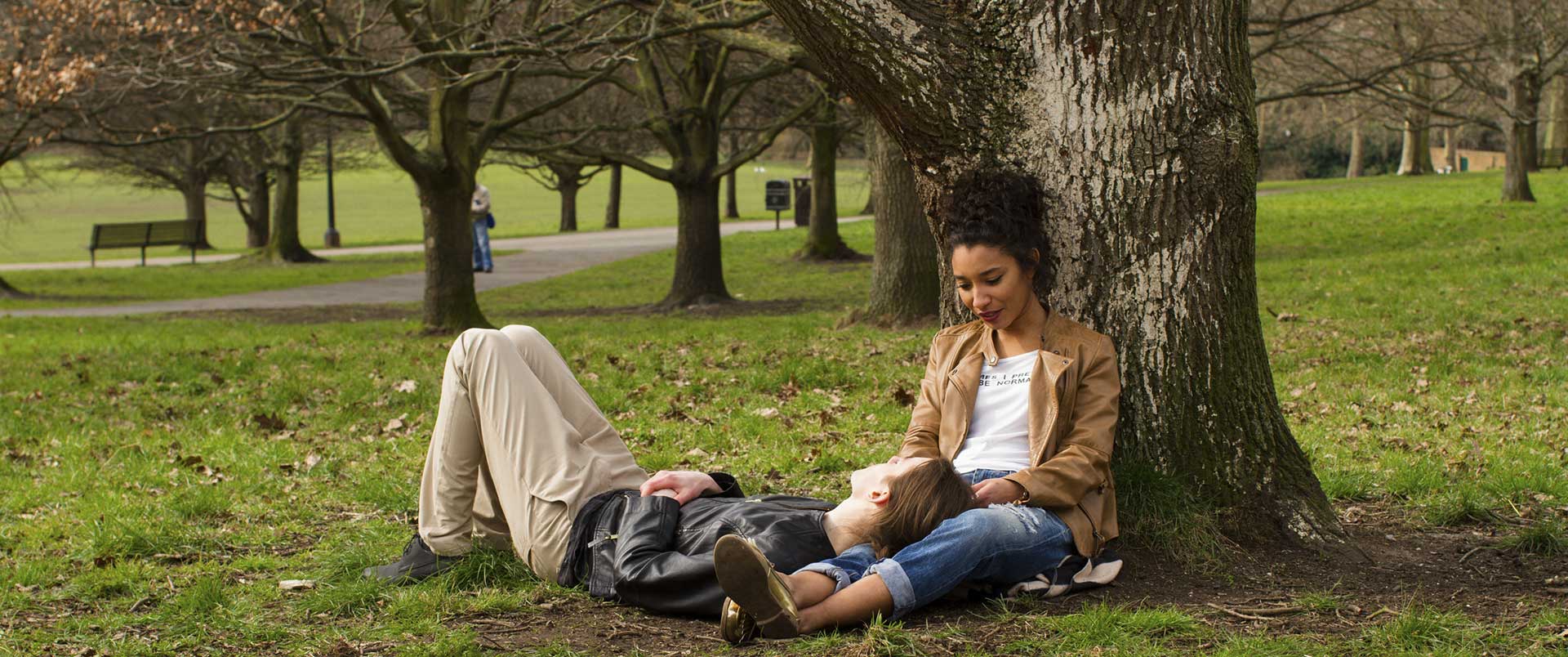
How did the idea for the film festival come about?
Gay people in Uganda don’t have their own media space. Most of the local media outlets spread antigay propaganda. I’ve traveled to several LGBTQ film festivals, and I’ve realized that when you screen a film it can open up opportunities for dialogue and understanding. We want the festival to become that space, where we can invite people who are gay but also people from outside the community who want to meet us and understand us. We accept films from all over the world, but our main focus in our first year will be screening films from countries where it’s risky to be queer. Bringing this festival to Uganda is a big deal because Uganda is one of those countries. In the whole of Africa, we don’t have an LGBTQ festival. There was a LGBTQ film festival in South Africa that ran for something like 20 years, called Out in Africa, and I originally contacted them to talk about submitting Ugandan films. But they said their funders were shifting their focus to countries like Uganda.
What kinds of films are you planning to screen?
We’re looking for documentaries, short films and fictional features, any film that has that queer element. We have received films from the U.S., Canada, South Africa, Spain, France, Germany, even as far away as Japan. We also have submissions from Uganda and elsewhere in East Africa. For a new festival, it’s amazing. We have been receiving films from all around the world, from short music videos to long fictional features, including from people who want their film to have its world premiere at our festival. People who attend are going to be watching films that have never screened anywhere, and they’re going to come away with a better understanding of what life is like in the communities where these films are coming from. People in Western countries tend to have a lot of assumptions, particularly about Africa, and you can’t blame them if they haven’t been exposed to those realities, but when you watch a film made by someone from that country, it has a real impact on people’s understanding.
Of the 75 countries that criminalize homosexuality, 32 are in Africa, including Uganda and four of the countries that surround it. What do you think are some of the root causes of antigay sentiment in your part of the world?
When you look at Uganda, it’s a very Christian country, 90 percent of the population, and it’s a poor country. We have a problem with radical evangelical pastors who come from outside Uganda, from countries like the U.S. They can’t pass antigay legislation in their own countries, so they’re doing it here, through our local religious leaders. It’s easier, because in a country where people are poor, people can be used. And a lot of people in the LGBT movement don’t have anything to fight back with.
What are the risks that you and other outspoken activists face?
Sometimes I’m worried to be in my country. I have to be careful every day, and there are certain places that I’ll never go. I had to leave my old neighbourhood, and I’m staying at a new address which I don’t disclose. There are all sorts of things you have to do to function in that sort of environment. You can’t go on the streets with rainbow flags. Even when we have parades and festivals, they are underground.
We were hoping we could count on the police to provide security for the festival, but after what happened at Pride, we realized we couldn’t. We’re going to screen each guest and keep the venues secret until the day before. Those who want to attend have to go on our Facebook page and join our WhatsApp group, and give us some information so we know who they are.
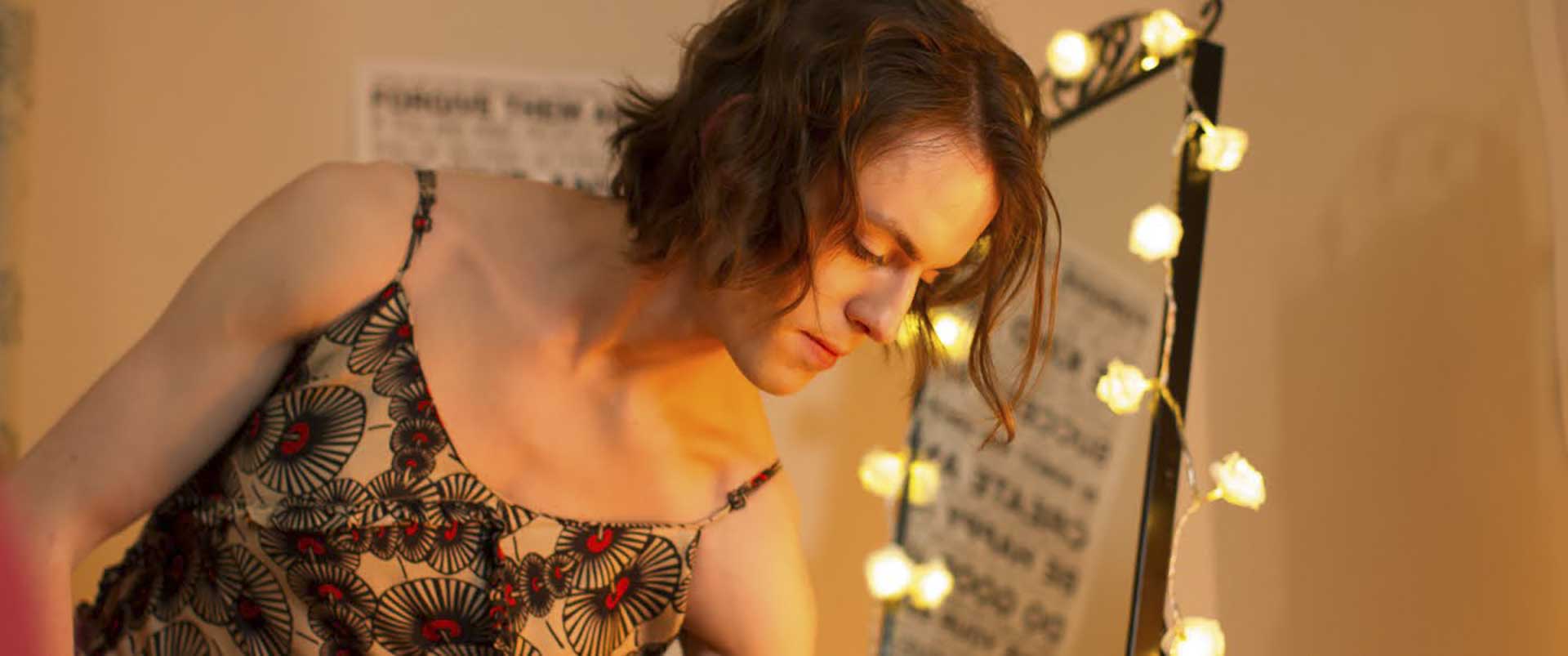
But people have tried to do more visible Pride events. Can you speak about that a bit?
Yes. The first pride parade we had did not go well. The police came and they beat us. For the most recent parade we actually received permission from the police, but the police came and disrupted us because they claimed we were having a gay wedding. So they came around and started beating up people. Ugandan politicians argue that they don’t persecute us, but people get arrested every day, by police officers who are paid to protect them. It’s really sad. In 2014 they tried to pass a bill criminalizing same-sex marriage, but we went to court to challenge that bill. We have no law in place, but the locals are still hostile and people still support vigilante justice. If I get beaten up because of my sexuality and I go to court, I won’t get legal assistance.
How many Ugandans who are LGBTQ are actually speaking out about these injustices?
There are not even a hundred of us. We need more voices. But I’m very happy, because when people first started speaking out, there were not more than 10.
You’re currently working on a film about LGBTQ Ugandans who have sought asylum in other countries. Have you ever thought of taking that route yourself?
No. It has crossed my mind, but my family, my business, and my friends are all in Uganda. If I decide to leave, I would have to start from scratch. And for me, leaving Uganda would be like betraying the gay people who are still in Uganda and who don’t have that opportunity [to leave]. If the people who have been speaking out all leave, the people who are suffering in silence are going to lose hope. The people who have left have done so for their own safety, and I don’t condemn those people, but I wish we could still have their voices back at home.
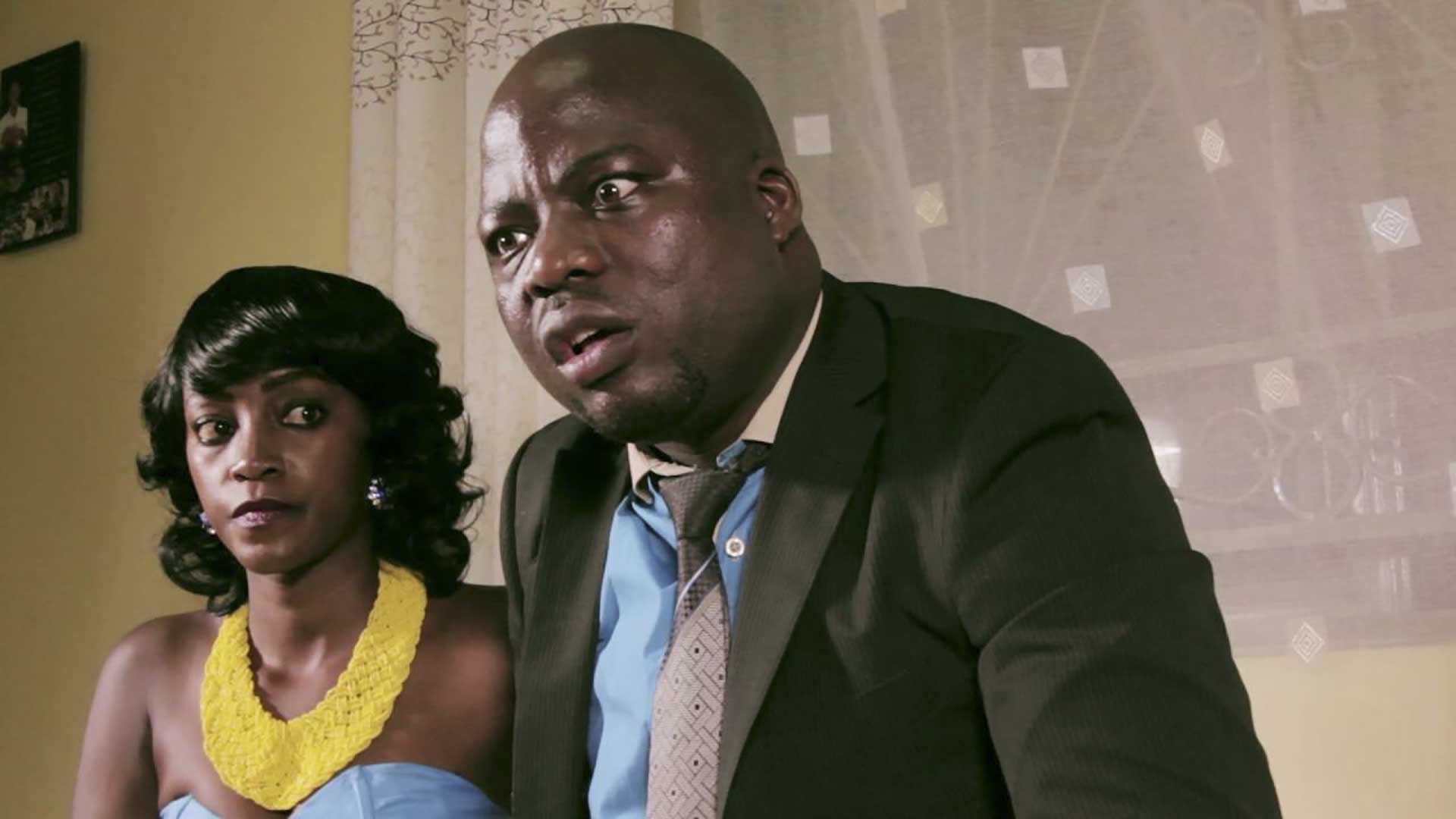
Do your family and friends understand what you’re doing?
When I talk to my sister about what I’m doing, she just says, push on. But my dad doesn’t even want to see me. It’s sad, because sometimes there are moments when you need a father in your life, and when he doesn’t want to see you, what do you do then? But fortunately I’m a grown-up and I don’t depend on him to pay my bills … I hope that one day people in Uganda, especially parents of gay youth, can understand that a person’s sexuality is not a choice and that there’s nothing to be afraid of.
Would you say you’re a filmmaker first or an activist first?
I’m both. But more than that, I’d say I’m an ordinary person who is just trying to do the right thing.
What are your long-term goals for this festival?
I want this to be a landmark queer festival in Africa, where people come to watch films without being harassed by the police. We want to break down barriers and build bridges to people who are not part of the gay community; we don’t just want to have a few private screenings.
Also, we’ve noticed that we haven’t gotten many Ugandan films. Most of the films that deal with queer themes in Uganda are foreign films, not made by Ugandans. We want to encourage more Ugandans to tell their own stories.
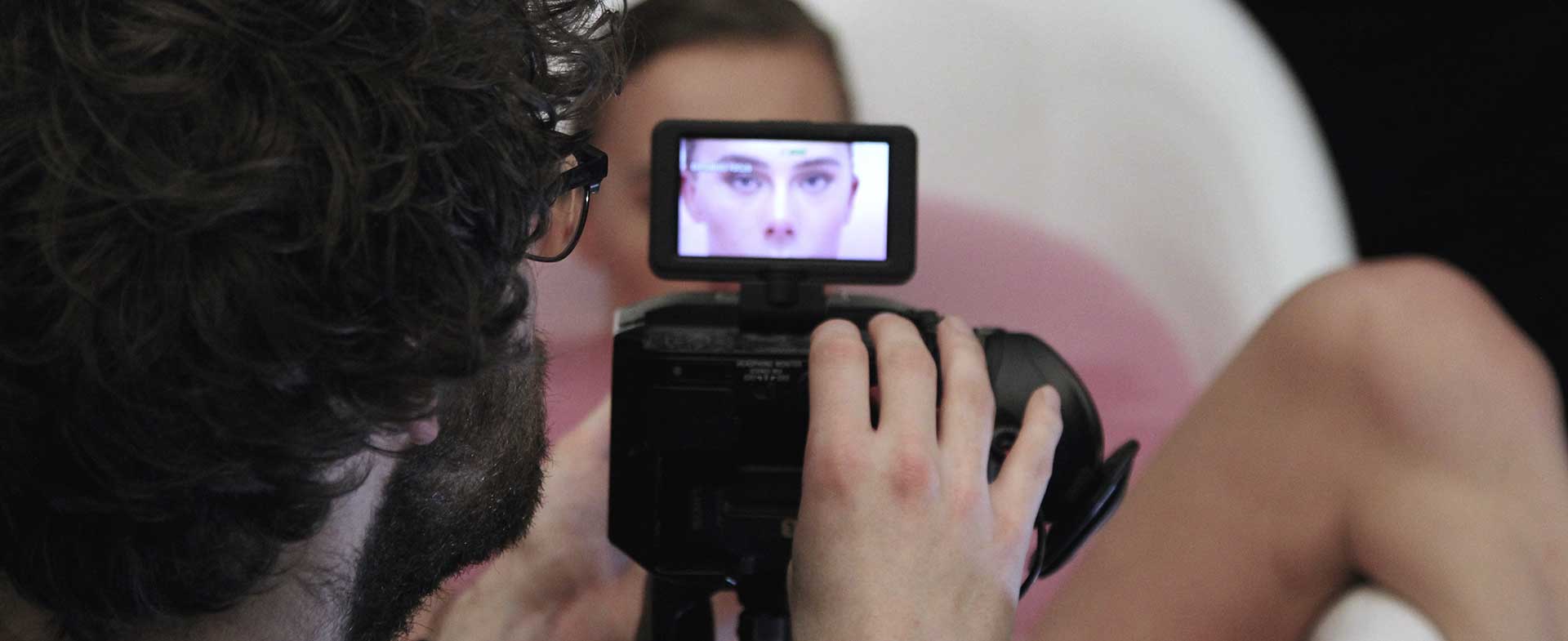
What will it take to improve the future for LGBT people in Uganda?
I’d say we just have to fight on and keep doing what we’re doing now. If we go silent, the situation may not change. We may lose some people along the way. But we have to keep speaking out about these injustices, and we need support from the international community. If leaders from the rest of the world hadn’t condemned the government at the time the anti-homosexuality bill was up for consideration, it could be law.
It’s going to be a long process, but I believe someday things are going to change, because more people have started speaking out, and that gives me hope. Each day more people are discovering that they’re not alone.
Recently I was in New York City, and I went to the Stonewall Inn. When I was there, I realized that 50 years ago, the situation for the gay community in the U.S. was not all that different from the situation in Uganda today. Our generation may not complete this work, but we’re making it easier for the next generation. Maybe 20 years from now, or even 10 years from now, things will be very different.
Ruby Pratka is an American-born, Montreal-based freelance writer focusing on multiculturalism, LGBTQ and disability issues.
More
From VICE
-

Tromsdalstinden, Tromsø's 'magic mountain'. All photos by Frank L'Opez -

Savannah Sly, dominatrix and co-founder of sex-worker vote mobilization group, EPA United. -
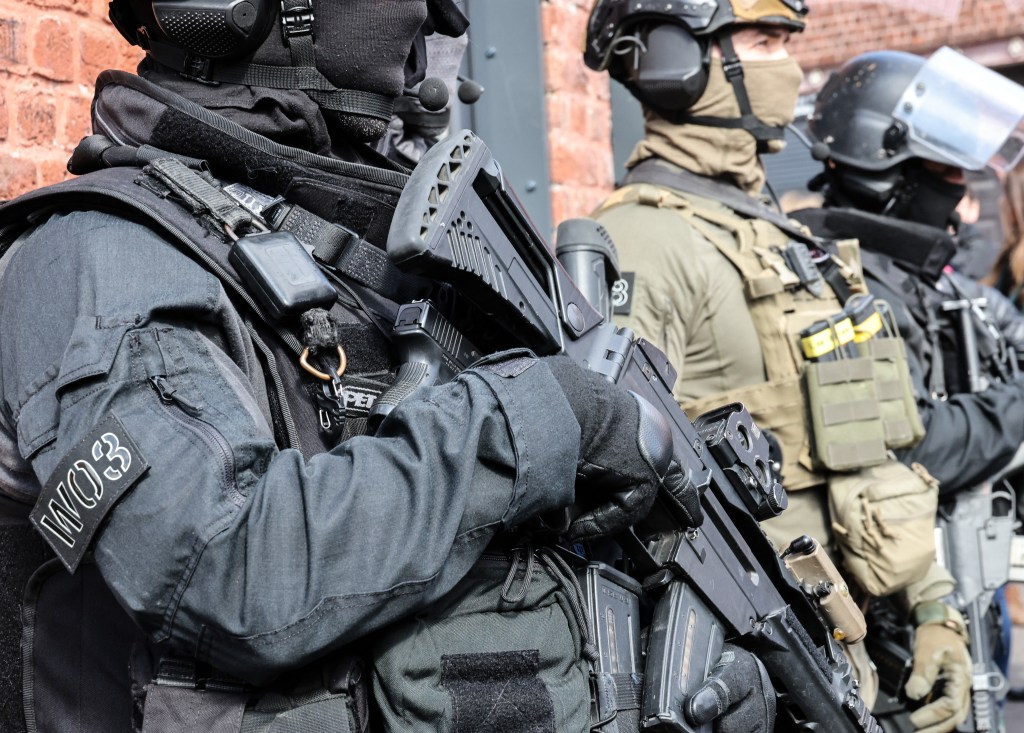
Members of the Raid, the special unit of the French police. Photo: Denis CHARLET / AFP -

Photo by Tim Boyle/Newsmakers
